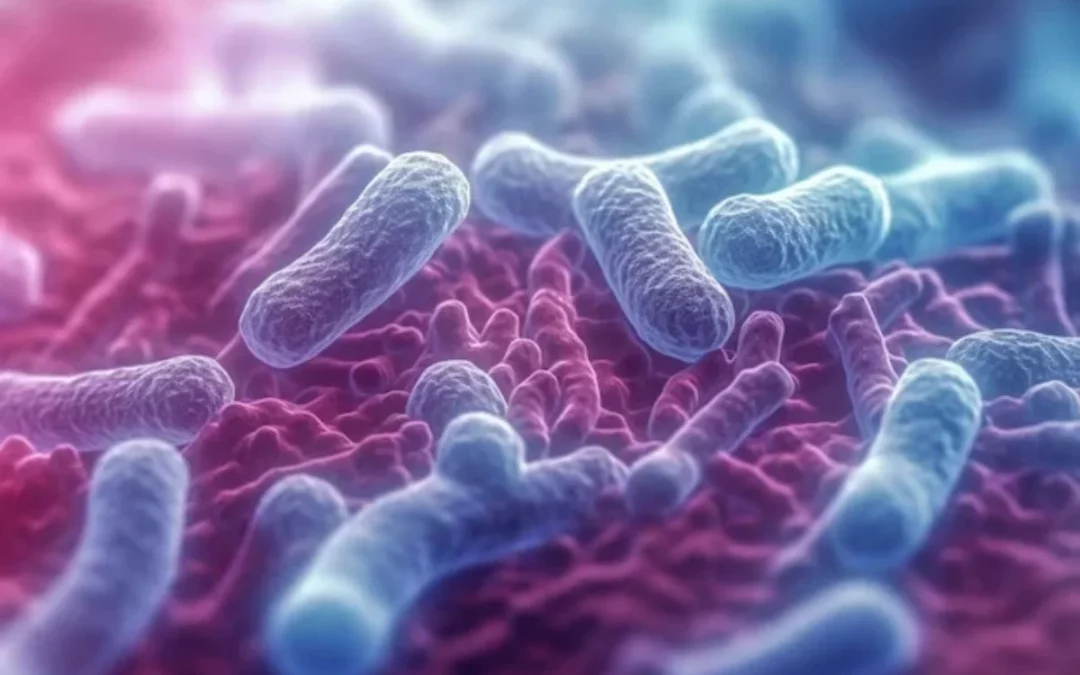Is there a link between microbiom and autism? The gut and the brain are more connected than we once thought — and this connection is especially relevant in autism spectrum disorder (ASD). Emerging research highlights how the gut microbiome may influence neurodevelopment, immune regulation, and behavior in individuals with autism. In this article, we explore the complex relationship between gut health and autism and discuss natural interventions that may support improved outcomes.
What Is the Gut Microbiome?
The gut microbiome refers to the trillions of microorganisms residing in the digestive tract. These microbes help regulate digestion, produce neurotransmitters, modulate the immune system, and maintain the integrity of the gut barrier. Dysbiosis — an imbalance in the microbiome — is increasingly associated with neurological and developmental disorders.
Microbiome Differences in Individuals with Autism
Several studies have found distinct differences in the gut microbiome composition of individuals with ASD, including:
- Lower diversity of gut bacteria
- Increased levels of Clostridium and Desulfovibrio
- Reduced beneficial strains like Bifidobacterium and Lactobacillus
These microbial shifts are linked to symptoms such as:
- Gastrointestinal distress (constipation, diarrhea, bloating)
- Irritability, anxiety, and sleep issues
- Increased immune activation and inflammation
How the Gut Microbiome Affects the Brain
The gut and brain communicate through the vagus nerve, immune signaling, and microbial metabolites (like short-chain fatty acids). Disruptions in this gut-brain axis may contribute to neuroinflammation, altered neurotransmitter balance, and behavioral changes associated with autism.
Key microbial influences include:
- Short-chain fatty acids (SCFAs): May influence brain development but can be harmful in excess
- Tryptophan metabolism: Affects serotonin production
- Lipopolysaccharides (LPS): Inflammatory bacterial byproducts that can cross the blood-brain barrier
Natural Strategies to Support Gut-Brain Health in ASD
1. Dietary Interventions
- Implement a gluten-free, casein-free (GFCF) diet if beneficial
- Avoid ultra-processed foods and additives
- Include fiber-rich, whole foods to support microbial diversity
2. Probiotic and Prebiotic Supplementation
- Probiotics such as Lactobacillus plantarum, Bifidobacterium infantis, and Saccharomyces boulardii may support gut balance
- Prebiotics like inulin and FOS can feed beneficial bacteria
3. Address Gut Inflammation and Leaky Gut
- Use nutrients like L-glutamine, zinc carnosine, and omega-3s to support gut lining integrity
4. Consider Targeted Microbiome Testing
- Stool tests can reveal specific imbalances and guide personalized protocols
Final Thoughts
The gut microbiome plays a pivotal role in neurological and behavioral health, particularly in autism spectrum disorder. While no single intervention is a cure, improving gut health through diet, supplementation, and testing can be a powerful part of a holistic support plan. As always, consult with your child’s healthcare provider before making significant changes.
Call to Action: Want to learn more about supporting your child’s gut-brain health? Download our free GFCF recipe guide or book a personalized consultation at OrganiClinic.com.


